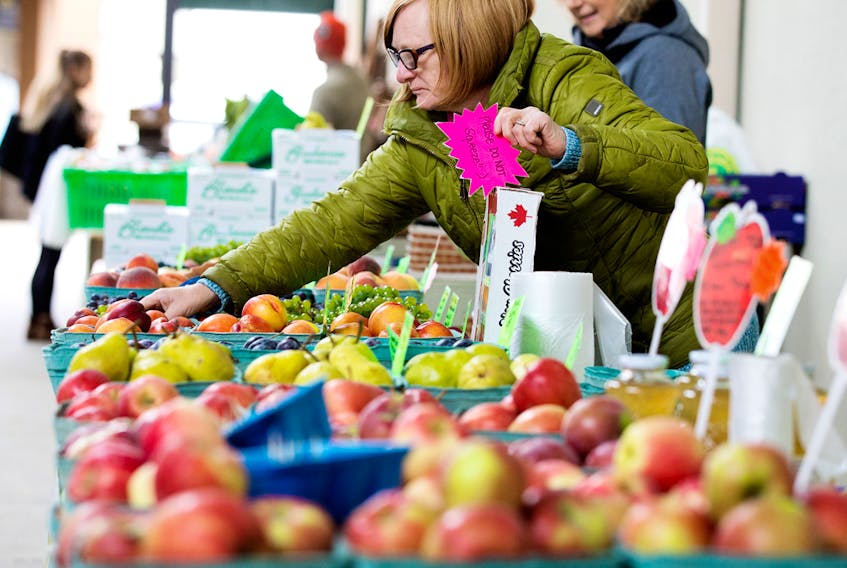Every time an outspoken pundit calls GMOs categorically unsafe it undermines decades of past and in-progress scientific research and reminds an entire industry of its vulnerability to the often-uninformed and/or misinformed bent of a public whose strong opinions about the food they eat and the food Canada grows are the veil disguising a pervasive and problematic ignorance.
Public opinion has become the molasses through which the agricultural industry must wade. It’s an uphill battle, especially in a landscape where “influencers” are publicly asking to get paid by private industry or whomever in exchange for exposure.
“Together, a large proportion (91 per cent) of Canadians claim they know little, very little or nothing about modern farming practices,” according to the Canadian Centre for Food Integrity’s 2019 Public Trust Research report, which was released this month during the organization’s Public Trust Summit in Saskatoon. Of those, 60 per cent are interested in knowing more.
The report, which is available on the organization’s website, is ultimately an optimistic story. Three in five Canadians want to know more about agriculture and there is increasing curiosity over farming practices.
However, home economists and dieticians are finding that the number of people who know very little about food, in general, is growing and they’re concerned. Home economics as a course is not as prevalent in the school system as it once was and what students learn about agriculture is often entirely dependent on the intelligence of the teacher saddled with that particular curriculum.
It’s a problem. If sustainability, food security and the environment are, in fact, important issues, then getting outside your city to a farm is an absolute must.
When the government is forced to make regulatory reforms limiting farmers’ access to pesticides or other inputs because the people yelling in opposition are the loudest and won’t stop until change is promised, farmers are forced to pay attention to public trust.
More than 90 per cent of Canadians expressed moderate to strong concern over the use of pesticides, according to the report.
I can guarantee it would be a pleasure for many to say the support of the public isn’t necessary, but even those would have to admit that perhaps trade with China or domestic processing would have been more of an election priority had Ontario or Quebec demanded it.
The industry is in a frenzy right now, attempting to decode the sludge that makes up public opinion while still getting used to the idea this is something that it needs to take seriously. The livestock industry is familiar with this priority. Imitation meat products are eating away at market share and, in some cases, for reasons entirely anchored on misinformation.
Agriculture is accountable to the whims of people. For the industry to get ahead of it is to delve deep and commit to exploring such things as cultural trends, the human condition, and come out of that with a stronger sense of what agriculture in Canada is and what it needs to do in order to be empowered by the trust of the public.
The industry is looking through the window at you, the consumer, who is either unable to see past his or her own reflection or has chosen not to turn around and make eye contact. The industry is determined to find ways to get agricultural information to the majority of Canadians who confessed to wanting it, and it is dismayed when it hears poorly crafted news reports that speak to a high level of agricultural myopia in our newsrooms. That is sad. I know there is potential for change here, but outlets need to recognize such coverage as a priority and journalism schools need to teach agriculture like they do politics.
Farmers are ready to be honest and transparent in order to lift the veil and start developing a trusting relationship.
Copyright Postmedia Network Inc., 2019








